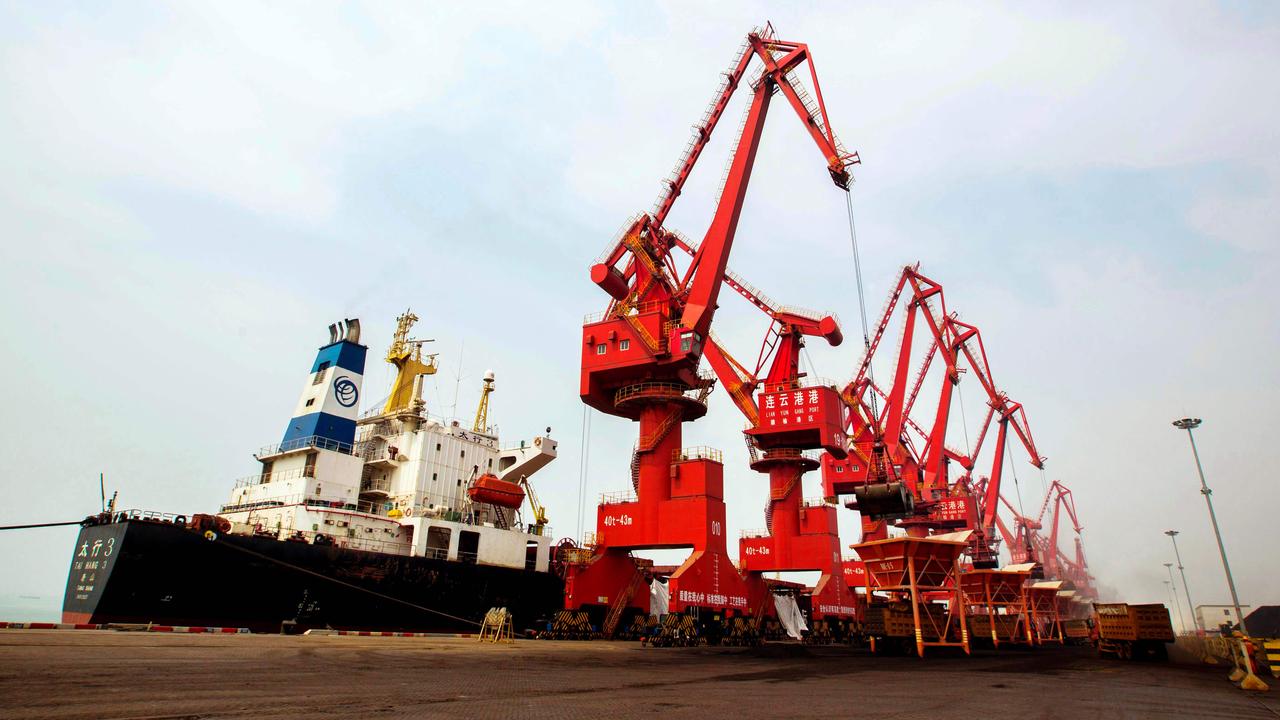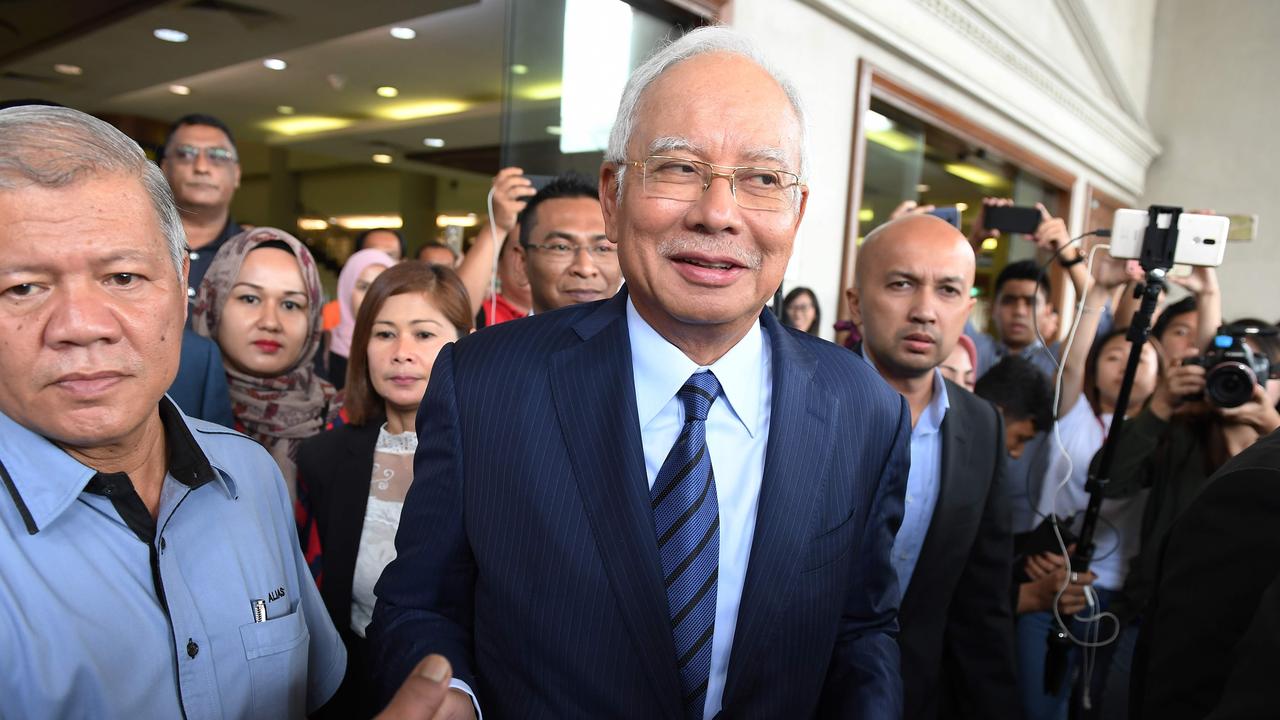Time to explode myth of Chinese ‘reform’
The Communist Party under Xi Jinping is more concerned with consolidating its grip on power.

We’ve grown used to assessing the Chinese economy through the lens of “reform”. More equals good. Less, or especially none, equals bad.
An economist — and successful businessman — who has been right more often than wrong about China, Arthur Kroeber, the author of China’s Economy, has taken an axe to this tired formula, which is being applied to the five-yearly Communist Party Congress that kicked off yesterday.
“China is now a post-reform economy,” Kroeber says, “in which policymakers care less about reforming the economic structure” and more about delivering stable high growth, keeping key assets and economic levers in state hands, and moving up the tech ladder.
President Xi Jinping is thus not a “reformer” and doesn’t set out to be one. The word still has some currency in Chinese propaganda circles, more out of habit than objective analysis.
“There is no foundation to the hope that, having consolidated political control, Xi will suddenly reveal his true colours as a market-oriented, pro-private sector economic reformer,” Kroeber says.
All available evidence, he says, suggests that Xi and his advisers believe the task initiated by predecessors, of dismantling the apparatus of the old planned economy and replacing it with a mixed system in which the market plays a greater role, is already complete.
In the lead-up to the Congress, the party’s central committee and the State Council, or cabinet, published a joint statement announcing that entrepreneurs would be subject to stronger party guidance, and calling on them to endorse and support the party’s leaders.
Former party general secretary Jiang Zemin decided in 2001 that businesspeople would be permitted to join the party. Many interpreted that as indicating the party was opening itself to guidance by the private sector that was already driving China’s modernisation.
Instead, the move ensured that private companies became effectively accountable to the party, with party committees at their heart and chief executives and chairmen expected to be loyal party members.
The pre-Congress statement urged entrepreneurs to advance patriotism and professionalism, as well as innovation and social responsibility, vowing that in return they would be able to flourish if they played ball.
Xinhua newsagency said this “defines the core meaning of Chinese entrepreneurship under the new era” dominated by Xi. It said such a symbiotic relationship between party and private firms would “spur market vitality”.
Fraser Howie, author of Red Capitalism and a long-time banker in China, says that under Xi, “the state very much sees it should decide where private sector investment should go”.
The word “private”, he says, “means nothing in China, whose ‘private’ companies may not be state-owned but they are state-overseen. All the big players are on a leash, operating at the discretion of the party” — even when wishing to invest their own money.
Not everything is directed by the state, but the state “does know exactly how to pressure private enterprise for its ends”.
Some private sector investment may be wasteful, Howie says. “But let the private company rise and fall on its investments. China is effectively backstopping all large companies, or at least making people think that this is the case.”
He warns that “anyone building a business dependent on a wall of Chinese money coming overseas needs to be cautious. The state can turn off the tap in an instant.”
Elements of China’s private sector feel they have suffered unfairly over the last year, with their plants targeted for closure due to “overcapacity”, rather than those of state-owned companies, especially in steel and aluminium production.
And a crackdown on what Beijing calls “wealth management products” — meaning almost any financing outside the state-owned banks — has also damaged private firms disproportionately, since they lack alternatives, and are often locked out of loans from the banks that prefer to stick with relationships with their state-owned enterprise cousins.
Xi has ordered the restoration of the study of Marxism to a more central role in universities and institutions, but this does not indicate a return to rigid state ownership of the means of production.
References to Marxism are usually linked with phrases such as “socialism with Chinese characteristics”, that provide sufficient wriggle-room to conclude that the present mix works pretty well — especially since it appears likely to achieve the party’s goal of doubling GDP from 2010 to 2020.
Xi and the party are alert to the growing issue of inequality — and public perceptions of inequality — which they tackle using such rhetoric, as well as the purge of cadres allegedly corrupt or politically disloyal or both.
This could be addressed by diminishing the oligopolistic grip of state enterprises on China’s upstream economy, taxing everyone else highly, and by forcing the SOEs to pay dividends and taxes on a par with the private sector — thus releasing funds back to the community that earned them rather than retaining them for the political elite.
China’s marvellous array of smaller businesses should be given access to credit reserved for loss-making SOEs.
More funding channels should be opened to households too, releasing some of the pressure on real estate, which has become effectively the only savings channel for the middle class.
And it’s time to remove the remaining monetary constraints and let the yuan find its own value, since it’s probably close to that already, with the country’s nearing trade equilibrium.
But best not to label such suggestions as “reforms” — using the language of Xi’s more pragmatic predecessors — but as steps in Xi’s “rejuvenation of China”.




To join the conversation, please log in. Don't have an account? Register
Join the conversation, you are commenting as Logout